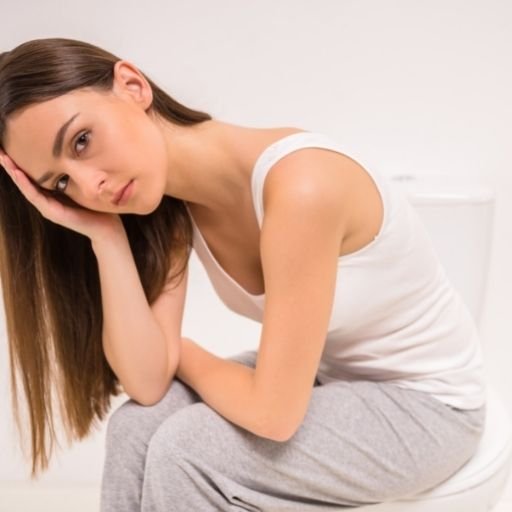Urinating - Going for a Pee After Giving Birth
You really need to go pee but your bladder muscles aren’t reacting? It doesn’t matter how hard you concentrate, somehow it is not coming out.
During my first childbirth, a catheter had been fitted to drain any excess urine before conducting a vacuum assisted birth. It did hurt slightly, having a catheter inserted. After the birth, I had to be stitched up, which seemed to take ages. I had also lost a lot of blood when the placenta came out, so my blood pressure was low. I felt like I was bursting for the toilet and the hospital staff didn’t seem to believe me. I insisted I needed to pee, so a nurse put a bowl underneath my bum. That pee seemed to take about 20 minutes to come out. I knew I really needed to go but my body was not reacting to my needs.
The strange thing is, once I had had this initial pee, my urinary system seemed to kick into gear again and after that things went the other way and I could hardly stop the pee from coming out when my bladder started to fill.

Why is the First Wee So Difficult After Giving Birth?
- After birth, your brain may need time to send the message down to your bladder muscles.
- Your bladder muscles will be stretched and tired (which could also cause incontinence).
- Following an epidural, your nervous system may still be slightly numbed, making it slow to react to your needs.
- Going for a first pee may seem to take forever, even if you feel like you are bursting to go.
Tips For Going Pee After Giving Birth
- Visualise your pee coming out
- Play music with running water
- Run the tap and hold your finger under it whilst on the toilet (if you can reach)
- Dip your fingers in water whilst trying to pee
- If you really cannot pee then you need to contact your doctor. In some cases, the urinary tract may have been squashed during birth and you may need extra assistance.
